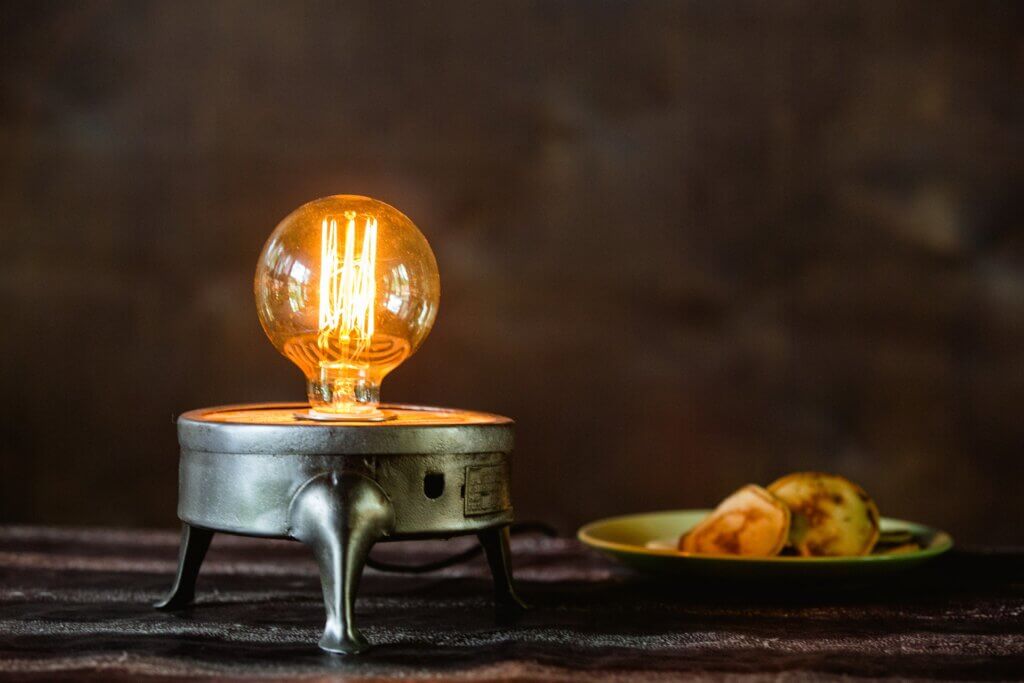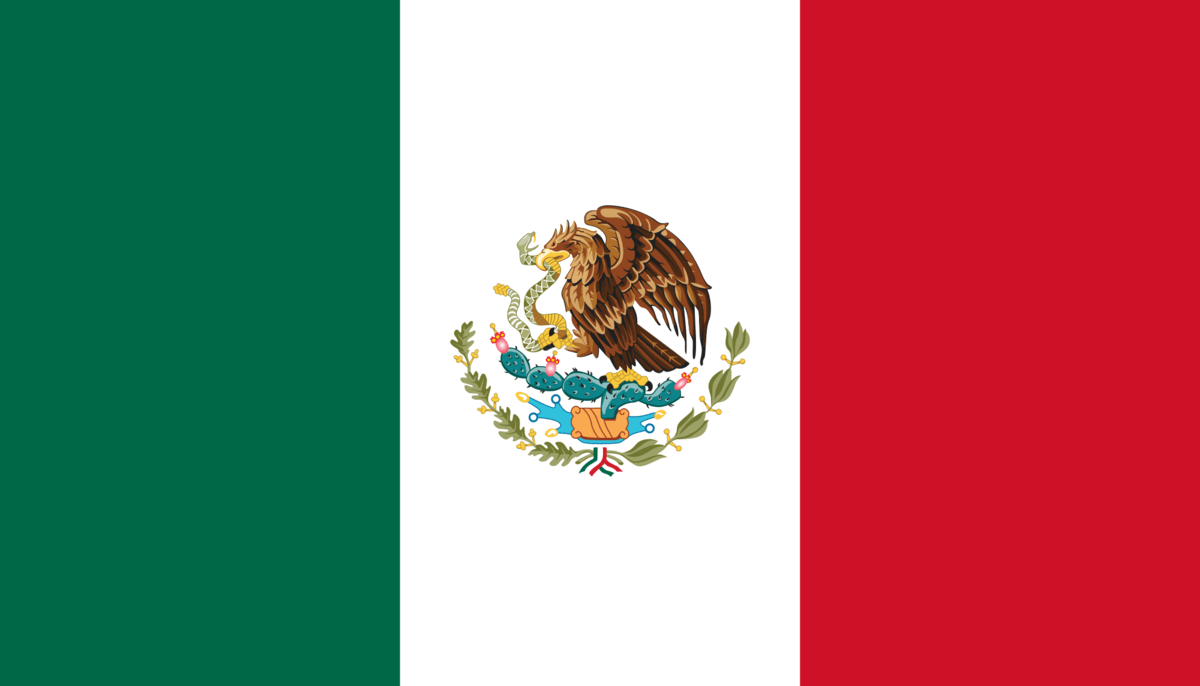Today we will learn about the singular form of Spanish words that end in the vowel -a.
Nouns in Spanish can be masculine or feminine. When referring to animals or people, they usually have one specific form for each gender. When these nouns represent inanimate objects, such as a wall or a rock, they tend to be either always feminine or always masculine.
Feminine singular nouns ending in -a
In Spanish, most nouns that end in -a are feminine. They take the article la, and if you want to add adjectives to describe them, these must also be in the feminine singular form.
Examples of such nouns are piedra (stone), montaña (mountain), artista (artist), herramienta (tool), lámpara (lamp), and arcilla (clay).
Now, let’s consider the following sentence:
Tip: Click on any of the linked sentences in this article (while on a mobile) to add them directly to your Fluent Forever app, so you can study them later. Don’t have our app yet? Download it here!
- La artista creó una lámpara muy bonita con herramientas poco comunes. (The artist made a very pretty lamp with unusual tools).
Here we can see that artista is singular and ends in -a. It is accompanied by the article la, which indicates that the noun here is feminine.
Note: artista can change gender to refer to a male artist, in which case it takes the article el.
Notice how the feminine noun lámpara in mid-sentence agrees in gender and number with its adjective bonita. In this case, both words end in -a and neither takes a plural -s since they’re referring to a single lamp.

Image by Валерий Аум from Pixabay
Here are a couple more sentences that contain feminine singular nouns:
- Esta montaña está formada por piedra caliza. (This mountain is formed by limestone.)
- Los exploradores encontraron una vieja vasija de arcilla muy valiosa. (The explorers found a very valuable old clay pot.)
Some masculine singular nouns end in -a
Some Spanish singular nouns that end in -a are masculine. These typically refer to inanimate objects and do not change gender.
Only time and practice can help you identify each of these masculine singular nouns. To make things easier, here is a list of some of the most common ones: aroma (fragrance), clima (weather), día (day), idioma (language), sofá (couch), mapa (map), and planeta (planet).
Let’s take a look at the following examples:
- El idioma que no tiene hablantes en la actualidad se considera muerto. (The language that is currently not spoken by anyone is considered dead.)
- El mapa del edificio mide apenas treinta centímetros. (The map of the building is just thirty centimeters long.)
Observe how the nouns idioma and mapa end in -a but use the article el because they are masculine nouns.
That’s all for today! Now you’re ready to use singular nouns that end in -a in your Spanish sentences.
Written by Isabel Matos





